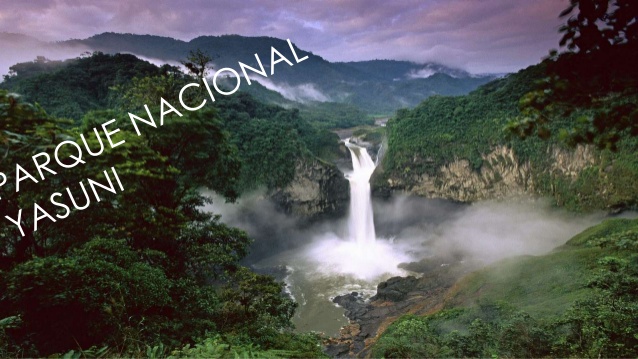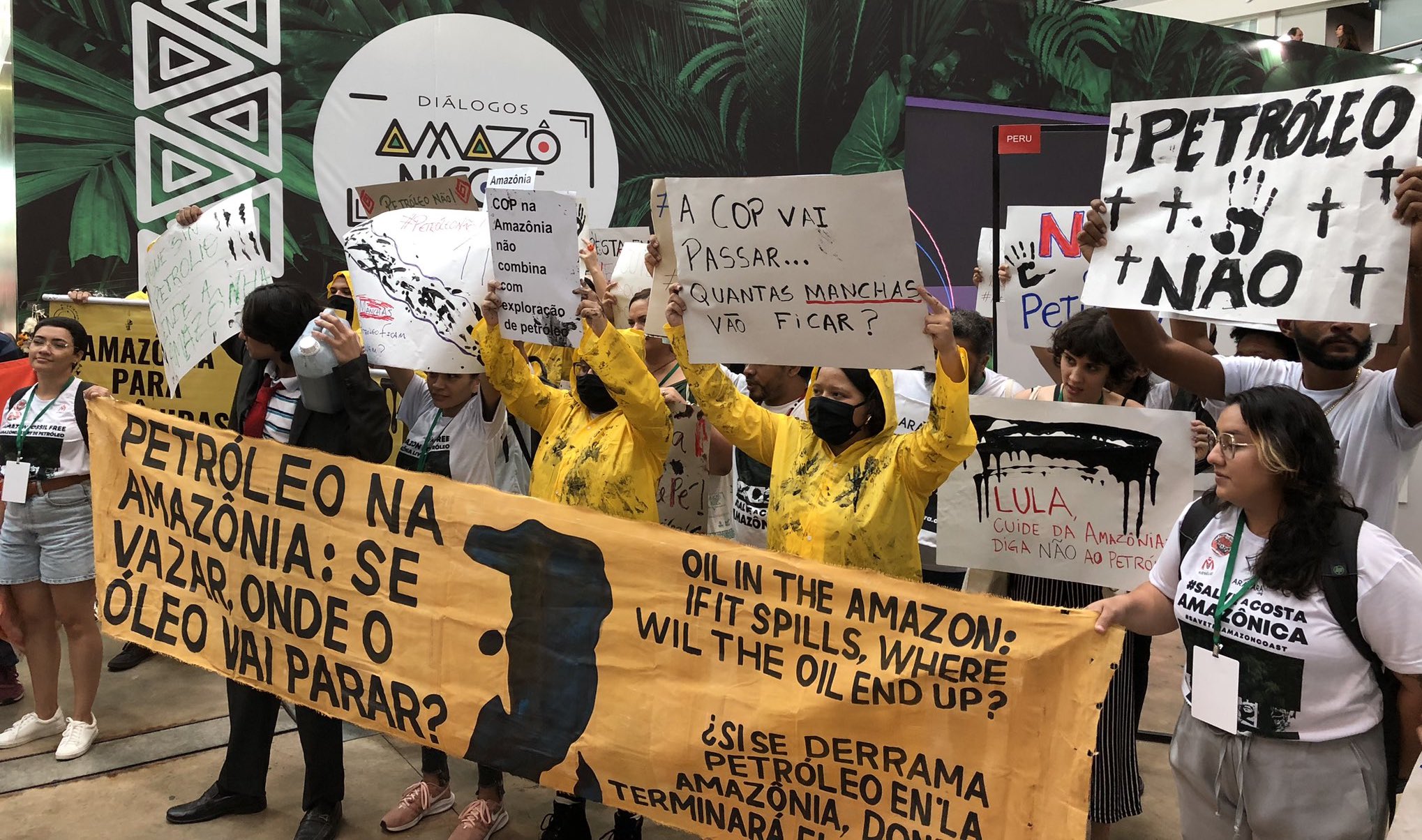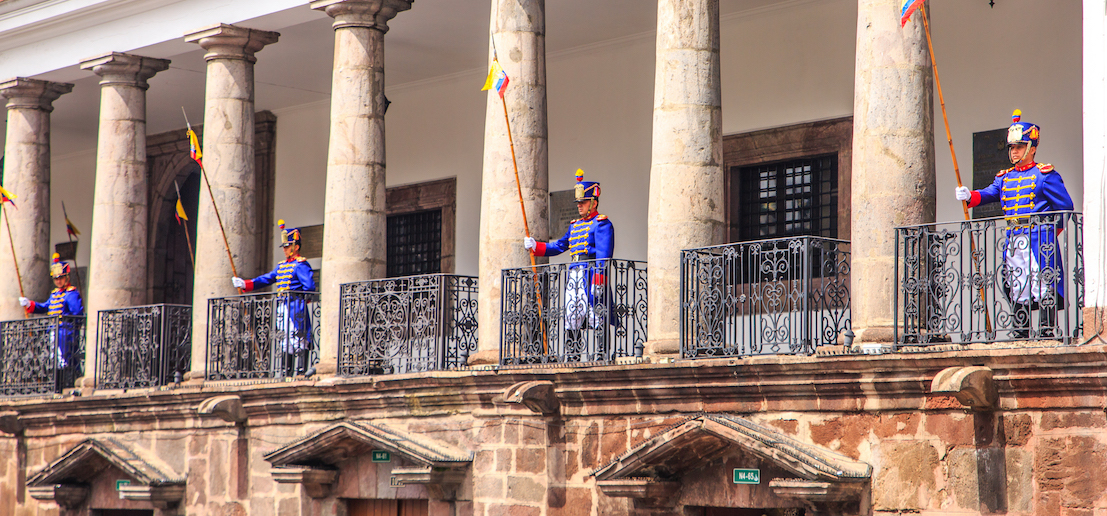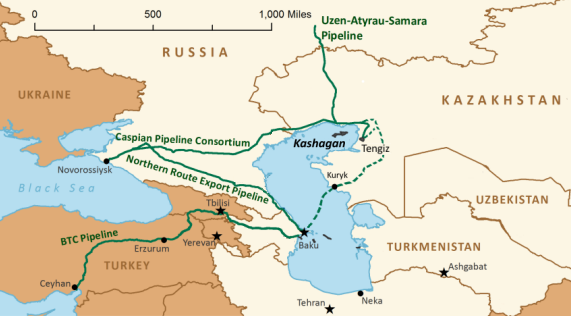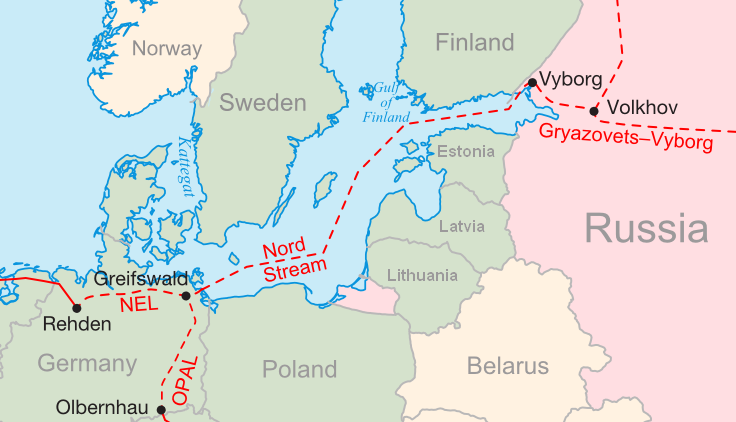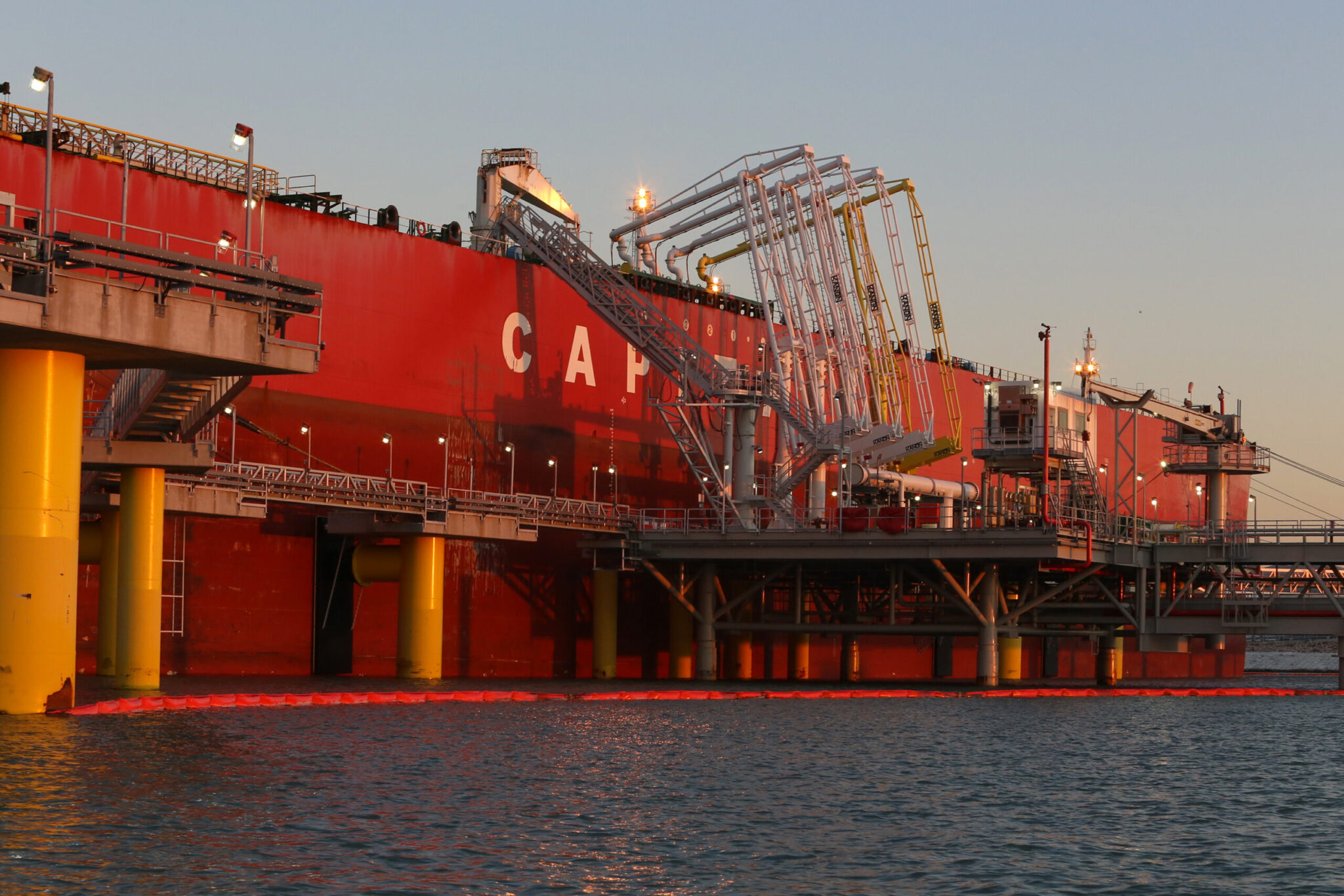Africa
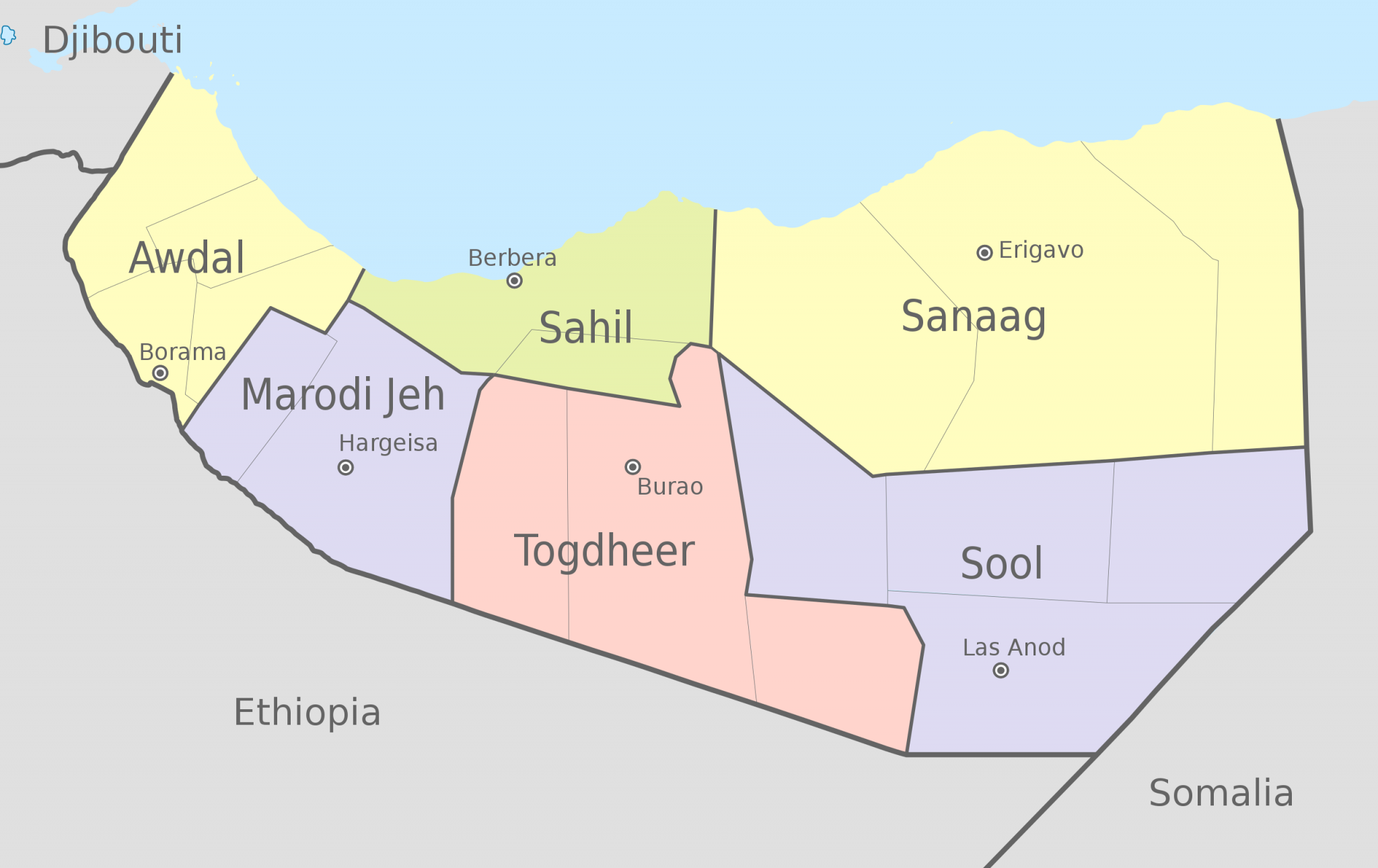
Fighting continues in Somalia’s northern breakaway state of Somaliland, where three administrative regions—Sool, Sanaag, and Aynaba—have taken up arms in a bid to rejoin the internationally recognized Mogadishu government. Somaliland accuses the government of Ethiopia (which is officially attempting to broker a dialogue in the conflict) of intervening on the side of the re-integrationist rebels, headquartered in the town of Las Anod, Sool region. Somaliland has been effectively independent since 1991, and has seen a more stable and secular social order than the regions controlled by the Mogadishu government. But now Mogadishu is asserting its right to grant oil contracts to foreign companies within Somaliland’s territory. Local media note that the new conflict erupted just after Mogadishu announced the issuing of an exploration lease to Turkish Genel Energy in Somaliland—indeed, within Aynaba, one of the contested regions. The move was protested as “illegal” by the Somaliland government, based in the city of Hargeisa. (Map: Siirski via Ethiopia Insight)
